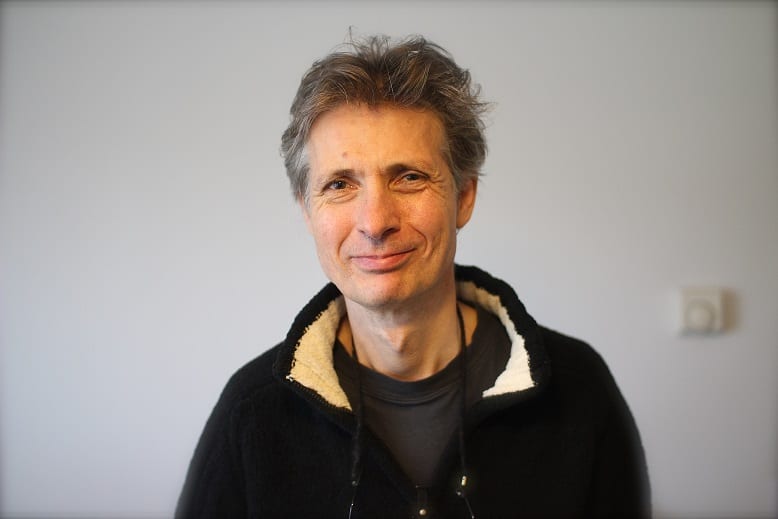
My name is Ian Cook. I am 62 years old and have spent the past 40 years in the media, mainly as a journalist or “content provider,” as the job is increasingly called. I think it is ironic that I am a journalist as I have only an English Language O level. I have no A level or degree in the subject.
I suppose my lack of paper qualifications in English makes a simple but often overlooked point. As a journalist, it is important to communicate clearly, succinctly, and accurately, yes, but as a journalist, you write news stories or features, not novels. We are writers, not novelists or authors.
The most important quality to have as a journalist is curiosity. In the tabloid press, journalists are curious about people’s personal lives. In the more up-market media, you are generally more interested in facts. For example, why are things the way they are, and how come? There are many specialisms inside journalism. Three examples would be sports journalism, travel journalism, and fashion.
How I Got Into Journalism?
I started my career as a local newspaper reporter in 1983, aged 25, where I was trained on the job and at college, learning things like shorthand, media law, and public administration (how things like councils work). I got my NCTJ (National Council for Training of Journalists) Proficiency Test in Practical Journalism in 1985. I then got a job as a researcher for my local ITV franchise, where I worked on a weekly audience-led current affairs program where the “big stories” of the week were discussed. This was in the days before the internet so the ITV company had lots of money and let me and a fellow staff member make a science documentary program called “God The Universe and Everything Else.” You can still find it on youtube at https://www.youtube.com/watch?v=HKQQAv5svkk
What happened next?
Following this, I moved on to the BBC, where I worked on daytime and religious programs. While at the BBC, a life-changing event happened. I was diagnosed with multiple sclerosis (MS), and this turned my working life in a new direction. I quickly decided to use my growing knowledge of MS as a new skill and joined an ITV weekly disability TV program called Link as the producer. I interviewed a disabled pop singer who is also on youtube at https://www.youtube.com/watch?v=MVN-m6fSqtQ. Later. I joined a BBC 2 weekly disability program called From The Edge. After a brief stint on Watchdog Healthcheck, I found my disability had become too much for me to handle working outside the home and started to write as a freelance for disability in 2002.
How does freelancing compare with a staff job?
The freelance market has many advantages for a disabled person like me. The main advantages are that I can work at my own pace and choose what work I do and what I don’t do. Incredibly, I have been freelancing for 18 years and have worked, writing about disability for the BBC online, newspapers like the Guardian and the Sun, and many, many magazines. Some of these are well known, like Take A Break, others aimed at far smaller audiences. I also write for some organizations that provide disabled people like Motability, where I review mobility scooters, among other things.
Lately, I have set up my own website www.mymsprogblog.com where readers can download a bi-monthly ezine which I write every two months, and I now have a dedicated and growing group of readers who, like me, have progressive MS. In an ideal world, I would spend all my time on this ezine and am currently up-skilling my web building and web management as I feel that print (or vintage media as it is sometimes called) in the past and soon everything will be online.
What would be your advice to a would-be journalist?
If I had to advise anyone on how to get into journalism, it would be to explore the freelance market. In particular, develop ideas for stories/ features as these are what journalism is all about. And also, be curious. Curiosity may have killed the cat, but it has kept me in journalistic work for 40 years, and better than that, it has been interesting and often quite lucrative work to ends.
Also read How I Became a Journalist & Features Editor for National Newspapers